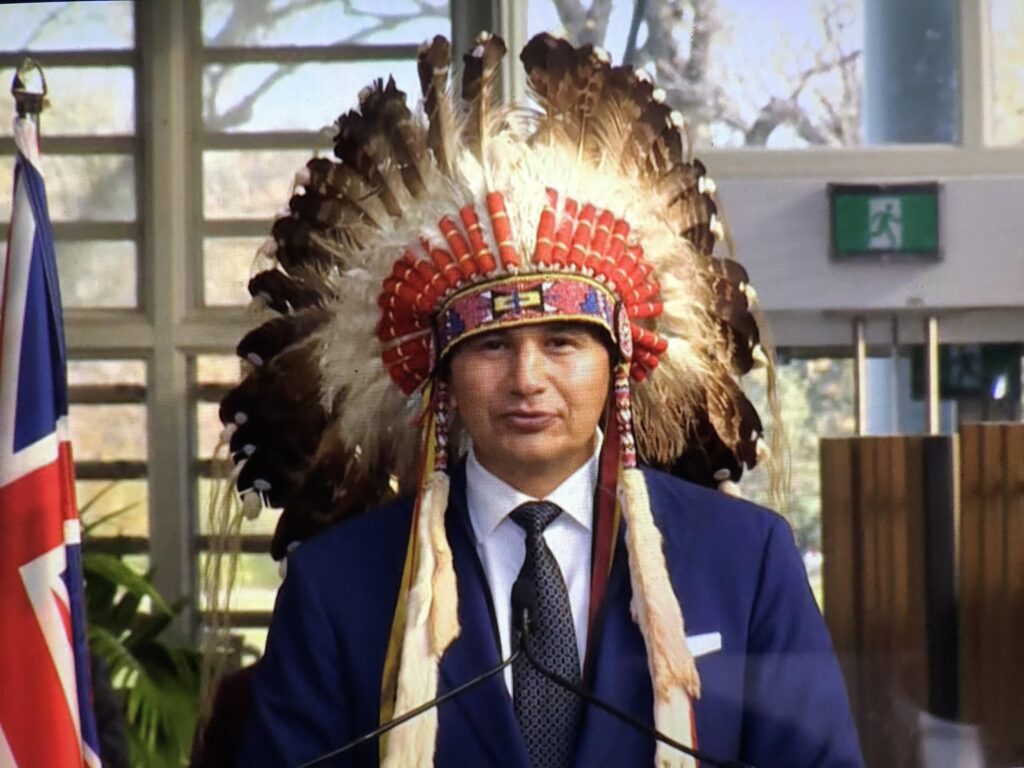
Introduction
The ascent of Wab Kinew as Manitoba’s first Indigenous premier represents a significant milestone in Canadian politics, highlighting the growing representation of Indigenous peoples in governmental roles. Kinew’s leadership is not only pivotal for Manitoba but serves as an inspiration across Canada, symbolizing progress toward reconciliation and inclusivity in political landscapes.
Background on Wab Kinew
Wab Kinew, a member of the Anishinaabe nation, was born and raised in Winnipeg. Prior to his political career, he was a well-known figure in education and media, serving as a university administrator and a broadcaster. Kinew’s political journey began with his election as the Member of the Legislative Assembly (MLA) for Fort Rouge in 2016. His leadership style is often characterized by his ability to engage with diverse communities, advocating for policies that address socio-economic disparities.
The Recent Election
In the recent provincial election held on October 3, 2023, Kinew and the New Democratic Party (NDP) surged to victory, winning a majority of the seats in the Manitoba Legislature. The election was marked by discussions surrounding health care, Indigenous rights, and climate change, with many voters rallying behind Kinew’s promises of progressive change. His vision outlines a collaborative approach to governance, aiming to strengthen relationships with Indigenous communities and to prioritize their needs in policy-making.
Impacts of Kinew’s Leadership
Kinew’s leadership could reshape the political landscape in Manitoba over the coming years. His historic election has already prompted discussions about Indigenous representation and how it can influence policy decisions that resonate with the values and aspirations of Indigenous people. Analysts believe that Kinew’s experience and background may facilitate more inclusive dialogues around pressing issues such as education, health services, and economic equality.
Conclusion
As Wab Kinew takes on the role of premier, his leadership is being watched both nationally and internationally. With a focus on reconciliation and inclusive governance, his term offers a chance to address long-standing issues faced by Indigenous communities in Manitoba. The implications of his leadership extend beyond the provincial realm, as Kinew’s election may inspire other jurisdictions in Canada to reflect on the importance of representation and diversity in leadership roles. The journey ahead will be pivotal in shaping the future of Manitoba and its approach to governance.






